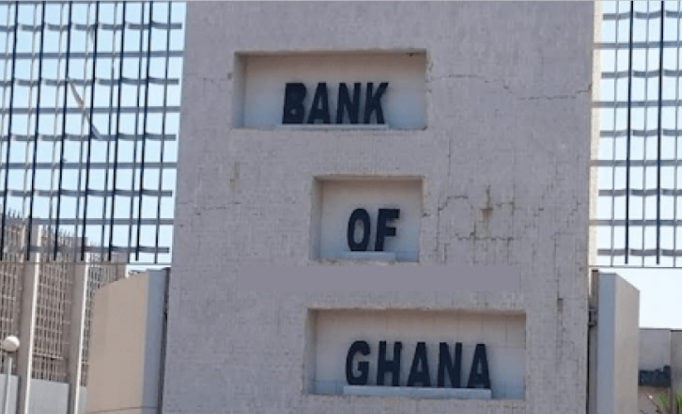The Bank of Ghana has revealed that the banking system holds a little over half of the stock of domestic debt at the end of the mid-fourth quarter of 2020.
According to the Bank of Ghana’s recent Statistical Bulletin, the domestic debt held by the Banking sector was approximately GH¢77.07 billion representing 52.3 percent of the total domestic debt stock of GH¢147.24 billion accumulated in November 2020.
Year-on-year, the holdings of domestic stock in the banking system increased by 66.36 percent to settle at GH¢77.07 billion in November 2020 from GH¢46.33 billion in the same comparative period in the previous year.
The increase in the holdings of domestic debt can be attributable to the coronavirus pandemic that hit the shores of Ghana in 2020 causing various economic difficulties and affecting businesses and livelihood. The Government had to rely on borrowing to finance its transactions and projects, redeem maturing debts and cover recorded budget deficits due to heightened expenditures.
Out of the GH¢77.07 billion recorded, Deposit Money Banks (DMBs) holdings of domestic debt for the period under review was GH¢43.53 billion, making about 29.56 percent. The remaining GH¢33.54 billion represents the Bank of Ghana’s share of domestic debt holdings at the end of the mid-fourth quarter of 2020, contributing to 22.78 percent of the total domestic debt for the review period.
The Insurance sector followed after holding GH¢782 million, representing 0.53 percent of the domestic debt stock. Next, the Social Security and National Insurance Trust (SSNIT) held GH¢366.04 million, making about 0.3 percent. The National Pension Regulatory Authority (NPRA) held none of the debt.
The Bank of Ghana further asserted that there were ‘Other holders’ of the domestic debt comprising rural banks (GH¢1.53 billion), firms and institutions (GH¢28.4 billion) as well as individuals (GH¢12.67 billion) which held a total of about GH¢42.66 billion (28.98 %).
There were Non-Resident investors who also held some of these domestic debt. Thus, the foreign sector accounted GH¢26.36 billion (17.9 %) compared to their holding of GH¢25.30 billion (24.6%) recorded in the corresponding period of 2019.
The growth in the debt stock was mainly due to increases in the medium-term and long-term securities and a moderate increase in the short-term securities, the Bank of Ghana mentioned.

The growth in the medium-term securities was on account of increases in various bond issuances including the 2-year fixed Treasury note, 3-year fixed Treasury note, 3-year USD Domestic Bond and 5-year GoG bond. There were additional increases in the 6-year GoG bond, 7-year GoG bond and 10-year GoG bond respectively.
Government long-term securities also recorded a significant increase in the 15-year GoG bond. The marginal increase in short-term securities was also on the back of investors patronizing more of the 91-day Treasury bill.
Although, there are fears that the consistent borrowing of the government on the domestic market is likely to deprive the private sector’s access to loanable funds for investments in the near term, Mr. David Tetteh, former Chief Executive Officer (CEO) of CAL Brokers hints that if the government sticks to its borrowing calendar, it will not crowd out the private sector.




















